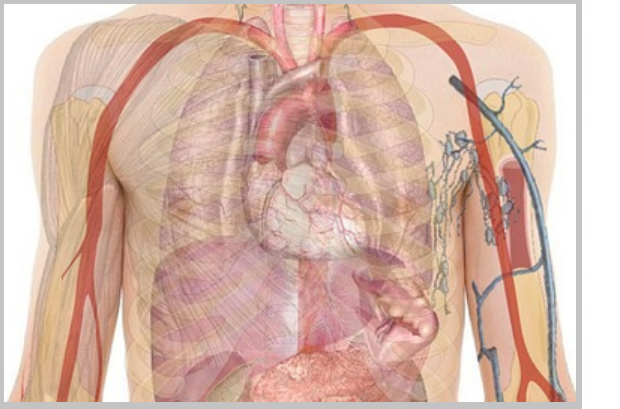 According to the leading experts in immunology, when part of the immune system is either absent or not
functioning properly, it can result in an immune deficiency disease. When the cause of this deficiency
is hereditary or genetic, it is called a primary immunodeficiency disease (PIDD). Researchers have identified
more than 150* different kinds of PIDD.
According to the leading experts in immunology, when part of the immune system is either absent or not
functioning properly, it can result in an immune deficiency disease. When the cause of this deficiency
is hereditary or genetic, it is called a primary immunodeficiency disease (PIDD). Researchers have identified
more than 150* different kinds of PIDD.
The immune system is composed of white blood cells. These cells are made in the bone marrow and travel
through the bloodstream and lymph nodes. They protect and defend against attacks by "foreign" invaders
such as germs, bacteria and fungi.
In the most common PIDDs, different forms of these cells are missing. This creates a pattern of repeated
infections, severe infections and/or infections that are unusually hard to cure. These infections may attack
the skin, respiratory system, the ears, the brain or spinal cord, or in the urinary or gastrointestinal tracts.
In some instances, PIDD targets specific and/or multiple organs, glands, cells and tissues. For example, heart
defects are present in some PIDDs. Other PIDDs alter facial features, some stunt normal growth and still others
are connected to autoimmune disorders such as rheumatoid arthritis.
 Serious PIDDs typically become apparent in infancy. In milder forms, it often takes a pattern of recurrent infections
before PIDD is suspected. In some cases, a PIDD is not diagnosed until people reach their 20s and 30s.
Serious PIDDs typically become apparent in infancy. In milder forms, it often takes a pattern of recurrent infections
before PIDD is suspected. In some cases, a PIDD is not diagnosed until people reach their 20s and 30s.
Important signs that may indicate a PIDD include:
- Recurrent, unusual or difficult to treat infections
- Poor growth or loss of weight
- Recurrent pneumonia, ear infections or sinusitis
- Multiple courses of antibiotics or IV antibiotics necessary to clear infections
- Recurrent deep abscesses of the organs or skin
- A family history of PIDD
- Swollen lymph glands or an enlarged spleen
- Autoimmune disease
Some immunodeficiency disorders are not primary (hereditary or genetic). A secondary immune deficiency disease occurs when the immune system is compromised due to an environmental factor. Examples of these external causes include HIV, chemotherapy, severe burns or malnutrition
 Recurring infections can also be identified as primary immunodeficiency infections. These infections occur often,
because of a weakened the immune system.
Recurring infections can also be identified as primary immunodeficiency infections. These infections occur often,
because of a weakened the immune system.
Primary immunodeficiency if often a sign that the patient was born missing some of the body's immune defenses or
with the immune system not working properly. This leaves the patient more susceptible to diseases that can cause infections.
Some forms of these infections are mild while other types are severe enough that they're discovered soon after birth.
Symptoms:
Common signs of a primary immunodeficiency include infections that are more frequent, longer lasting or harder to treat.
Patients may also get infections that a healthy immune system wouldn't get which are known as opportunistic infections.
Signs and symptoms differ from patient to patient, and depend on the type of primary immunodeficiency disorder.
- Inflammation and infection of internal organs
- Frequent and/or recurrent pneumonia, skin infections, bronchitis, ear infections, sinus infections, or meningitis
- Delayed growth and development
- Blood disorders, such as low platelet counts or anemia
- Digestive problems, such as cramping, loss of appetite, nausea and diarrhea
- Autoimmune disorders, such as lupus, rheumatoid arthritis or type 1 diabetes

